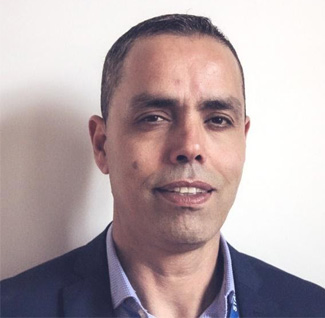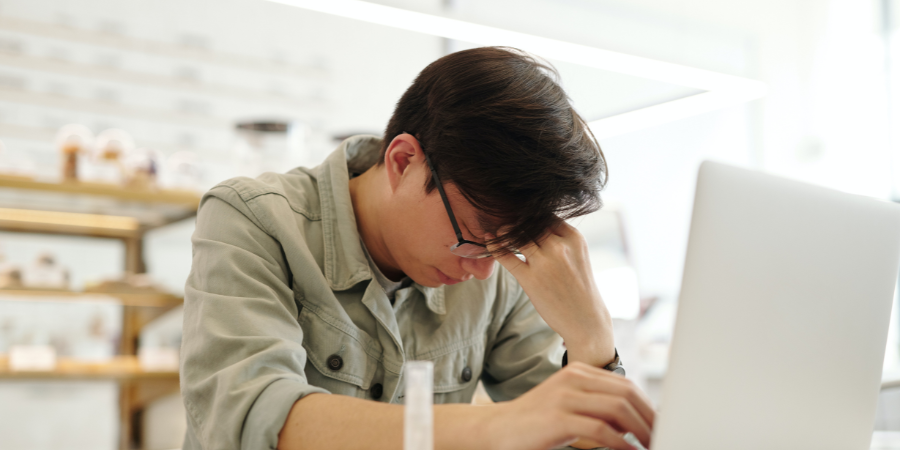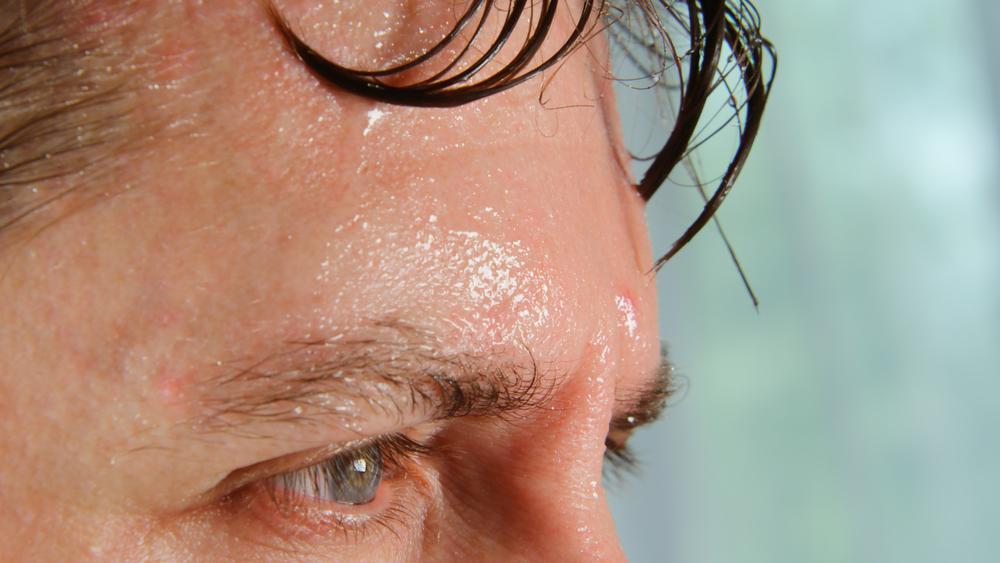
Written by:

Medically Reviewed by:
Last Updated:
August 7th, 2025
Detox | Withdrawal and Detox Timelines
- Select
- Addiction
- Detox
- Rehab Treatment
Detox is often the first step in overcoming addiction, but it’s also the most misunderstood. For some, it brings up images of pain or white-knuckling through withdrawal alone. For others, it feels like something they should be able to do at home. The truth is, detox looks different depending on the substance and having the right support in place can make all the difference.
At Primrose Lodge, we offer tailored detox programmes for different types of addiction. Whether you’re coming off alcohol, drugs, prescription medication or legal highs, our approach is structured and grounded in care. Detox might feel like the hardest part, but it’s also where real change begins.
What exactly is drug detox?
The word ‘detox’ is often used in diet or wellness trends, but in addiction recovery, it refers specifically to the body clearing itself of drugs after sustained use. While the basic idea is similar, removing unwanted substances, drug detox comes with withdrawal symptoms that can affect both body and mind. In a professional setting, detox is carefully managed to ensure the process is as safe, stable and supportive as possible.
Types of detox
Each substance affects the body differently, so detox needs to be specific. Here’s what to expect from each type of detox we offer, with links to explore further.
Alcohol detox
Alcohol withdrawal can be severe, especially for those who have been drinking regularly over a long period. Symptoms like shaking, sweating, nausea and anxiety are common and in some cases, more serious complications can arise. Our alcohol detox programme is designed to support you through this stage with care and a plan that eases the body off alcohol gradually and safely.
Drug detox
Coming off drugs like heroin, cocaine or meth often triggers strong physical and psychological withdrawal symptoms. Fatigue, low mood, cravings and disturbed sleep are just a few of the challenges that can arise. Our drug detox process focuses on helping your body stabilise while also preparing you emotionally for the next stage of recovery.
Prescription drug detox
Detoxing from prescription drugs such as tramadol, diazepam or benzodiazepines can be complicated. Because these drugs are often taken under medical supervision, many people don’t realise how dependent they’ve become. Withdrawal symptoms can range from mild discomfort to significant physical or emotional distress.
Legal high detox
Legal highs like Spice, mephedrone and Benzo-Fury are unpredictable by nature and detoxing from them can be just as uncertain. Symptoms may come on quickly or change from one day to the next. At Primrose Lodge, we create flexible detox plans that respond to your specific needs.
Why detox is so important
Detox clears the way for everything that comes after. Without it, therapy can’t begin in any meaningful way. Trying to focus on emotional recovery while your body is still in withdrawal is like trying to run a marathon with a broken foot.
By starting with detox, you’re giving yourself a foundation to build on. You’re helping your body reset and giving your mind the space it needs to take in new coping tools and support systems. Whether it’s alcohol, drugs or behavioural patterns linked to substance use, detox is often the turning point.
What detox feels like
This depends on a few things: the substance involved, how long it’s been used and your own physical and emotional health. But in general, detox can feel like a rollercoaster.
In the early days, symptoms might include:
- Nausea or loss of appetite
- Headaches or body aches
- Sweating or chills
- Insomnia or disrupted sleep
- Cravings and emotional discomfort
As detox progresses, some people begin to feel emotionally flat or anxious. Others find themselves dealing with vivid dreams, restlessness or irritability. These are normal signs that the body is adjusting and at Primrose Lodge, you won’t have to face any of it alone.
Our team monitors symptoms closely and makes adjustments as needed. You’ll also have access to people who understand what you’re going through, including peers who are on a similar path.
Busting the myths around detox
There’s a lot of misinformation out there when it comes to detox. Here’s a look at some of the most common myths and the truth behind them.
Myth: You have to detox alone to prove you’re serious.
Truth: Detoxing without support can be dangerous and increases the chance of relapse. Being serious about recovery means choosing safety, not punishment.
Myth: You’ll be locked in a room for days.
Truth: Our detox environment is nothing like that. You’ll have access to comfortable surroundings, kind staff and structured daily activities where possible.
Myth: If you’ve done it before, you can do it again alone.
Truth: Withdrawal can get more severe with repeated use. Just because it felt manageable once doesn’t mean it will be again.
Myth: Detox is the same for everyone.
Truth: Different substances cause different withdrawal symptoms and every person has unique needs. That’s why personalised detox plans are so important.
Myth: Once detox is done, you’re cured.
Truth: Detox clears the substance but not the reason it was being used. Therapy and long-term support are key to staying well after detox ends.
How we make detox safer
Safety doesn’t mean removing every discomfort; it means making sure nothing gets worse than it needs to. At Primrose Lodge, detox is closely monitored. Our team tracks your symptoms, checks in regularly and provides the tools and resources to help you stay steady as your body adjusts.
We don’t believe in harsh or extreme approaches. We use tapering schedules where appropriate, encourage rest and hydration and help you manage each day without overwhelming you. You’re never left wondering what’s next, as we’re always here to explain and guide.
Also, because detox isn’t just physical, you’ll have emotional support too. Whether that’s a short chat to break up the day or a proper counselling session, there’s space for whatever you’re feeling.
What comes after detox?
Once detox is complete, the real work of recovery can begin. At Primrose Lodge, detox leads straight into therapy, where we explore the patterns, thoughts and emotions that kept the addiction going.
You’ll be introduced to a mix of therapies that may include CBT, DBT, one-to-one counselling, group sessions and holistic treatments like yoga or art therapy. This next stage is about understanding your addiction and learning how to manage life without your drug of choice.
We also help prepare you for life outside of rehab with aftercare services and relapse prevention strategies. That way, you’re not temporarily ‘clean’, you’re staying that way.
When you’re ready to begin
Detox is often the step people put off the longest. It feels scary, unpredictable and hard to imagine getting through. But with the right help, it becomes something else entirely: manageable and the beginning of something better.
At Primrose Lodge, we’ll meet you at the very start of your journey and guide you through detox in a way that feels safe and clear.
If you’re ready to begin or even just thinking about it, reach out to us today. Detox doesn’t have to be something you survive. It can be the thing that changes everything.








